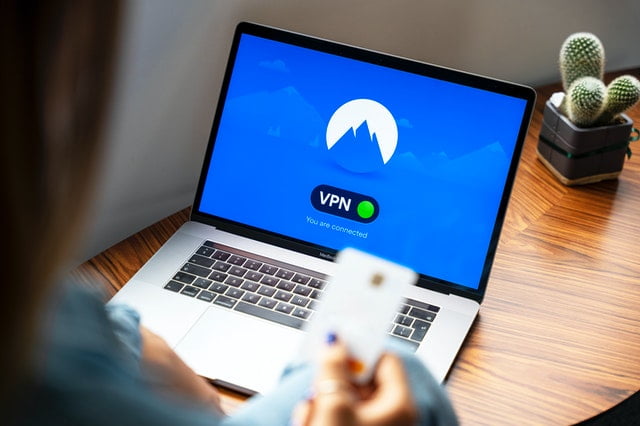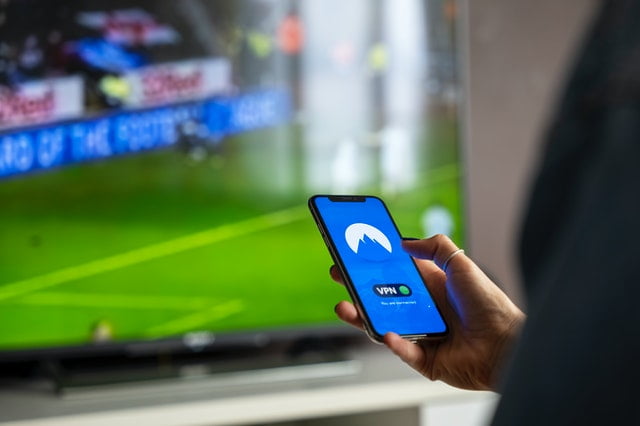Given the increase in online activities, everyone is seeking online privacy. However, safeguarding your online information may be a challenge now that cybercrime is at its peak. Most people have embraced the use of the internet for most of their activities. While the internet has turned the globe into a village where you can interact with anyone you wish, the move has attracted insecurities. But how can you carry out your online activities safely? If this is your worry, the answer is right before you. It’s by using a good VPN service.
What is a VPN?
VPN is an acronym for Virtual Private Network. It’s meant to enhance your online privacy. It achieves this by creating a private network when using a public internet connection. VPN works by masking your IP (Internet Protocol) IP address, making it hard to trace your online activities. Also, VPN services help establish safe and encrypted connections, thereby improving privacy even more than a secured Wi-Fi hotspot.
Do I really need a VPN Service?
Surfing the internet or even carrying out online transactions using an unsecured Wi-Fi network exposes your details to hackers. So, if you really care about your privacy and online security, you should consider a virtual private network.
How many times have you opened your emails on the go using a public network? How about the number of times you’ve checked your bank account using your phone? If you were not using a private Wi-Fi network that required a password, the information you used is exposed to third parties using the same network. This isn’t what you want, right?
Basically, a VPN provides encryption and anonymity, thereby safeguarding all your online activities. That way, you can send emails, shop online, and even pay bills and browse all day long anonymously.
How exactly does a VPN Mask your IP Address?
A VPN works by creating a data tunnel between an exit node in another location and your local network. The other location could miles away, making it appear like you are in a different location. VPN services bring about online freedom, allowing you to navigate across different websites on the go.
If you are still not getting it, a VPN scrambles data sent through a Wi-Fi network using encryption software. Encryption technology is meant to make your data inaccessible. Your information’s safety is a thing of concern, especially whenever you are using a public network. The VPN helps prevent third parties using the same network as you from monitoring your online activity.
Block your Internet Service Provider from monitoring your Browsing History
Talking of your privacy, your internet service provider can monitor your browsing history. Of course, no one wants this. But a VPN conceals your search history. Actually, your web activities will be linked with the VPN server’s IP address, not yours. Since a VPN provider may own servers from all parts of the globe, your search activity will appear to come from either of them. Besides, search engines can monitor your search history. However, they will relate your information to the wrong IP address. VPN services are essential in that they keep your online information secure.


